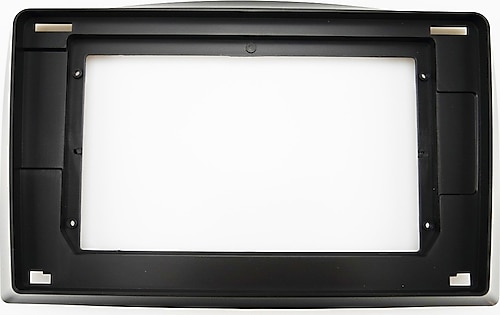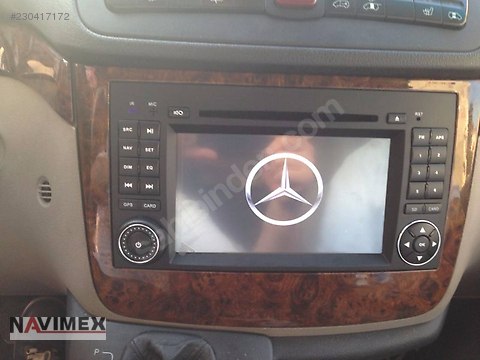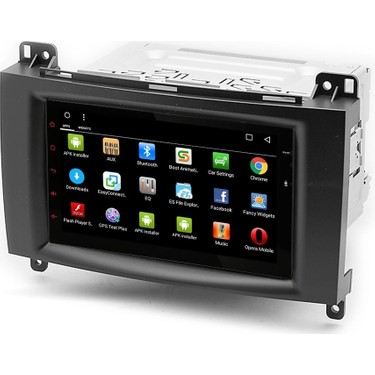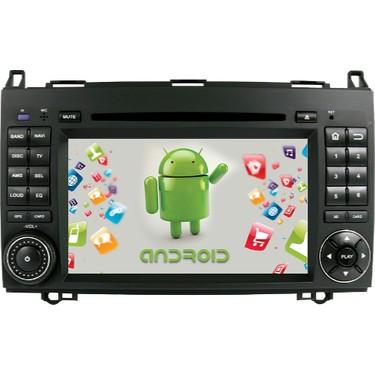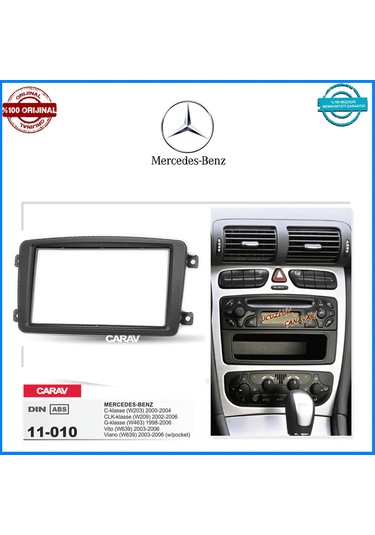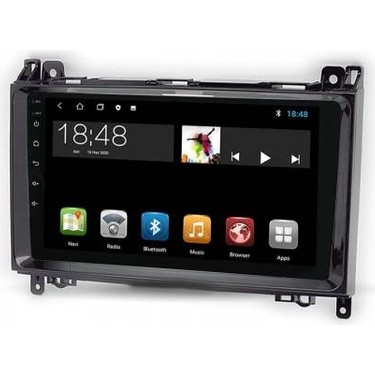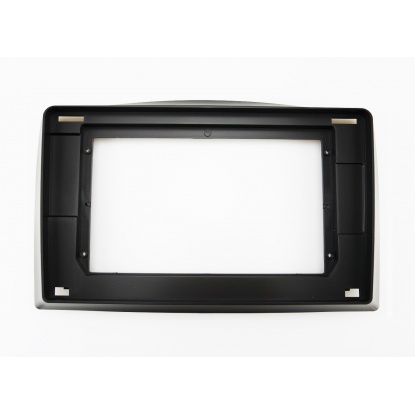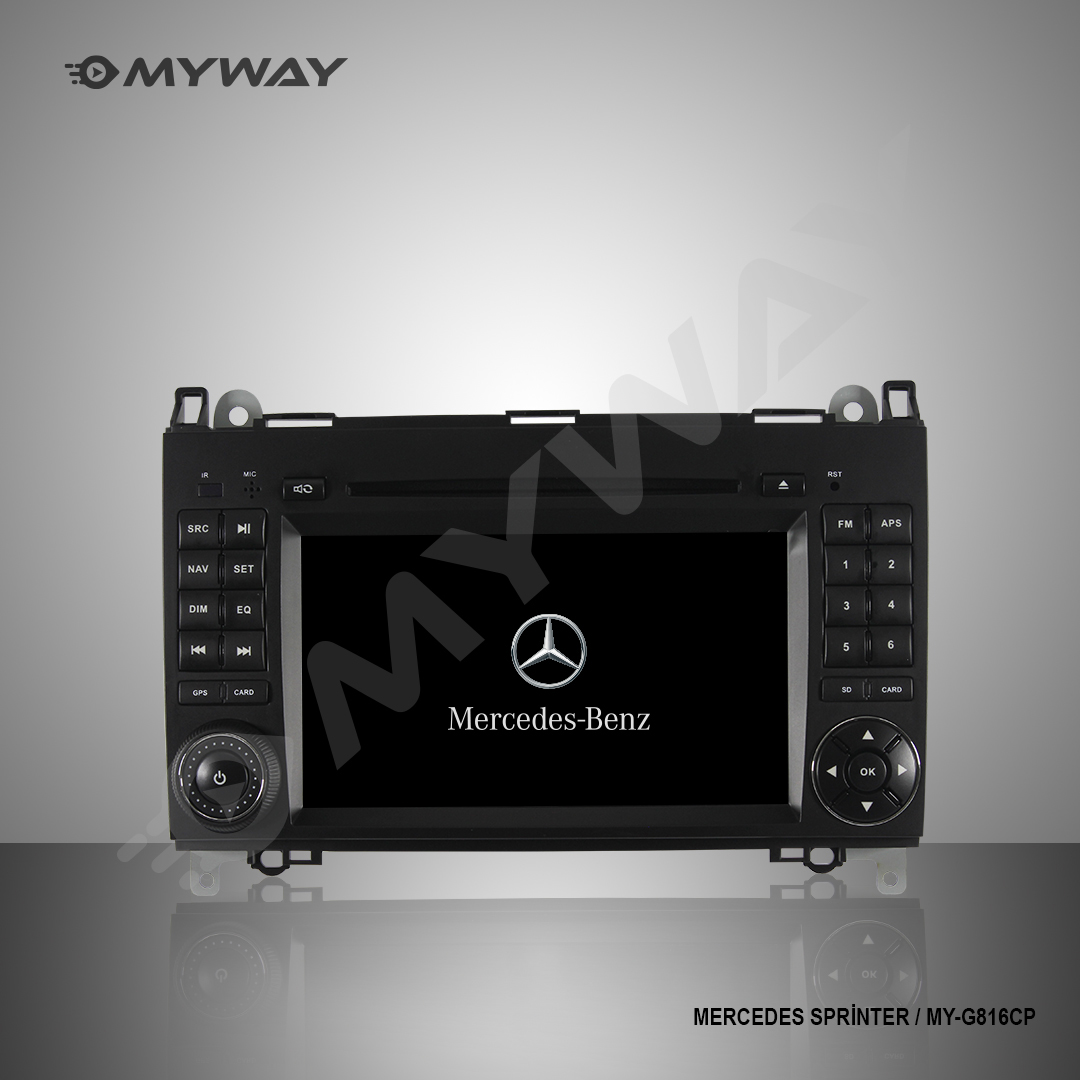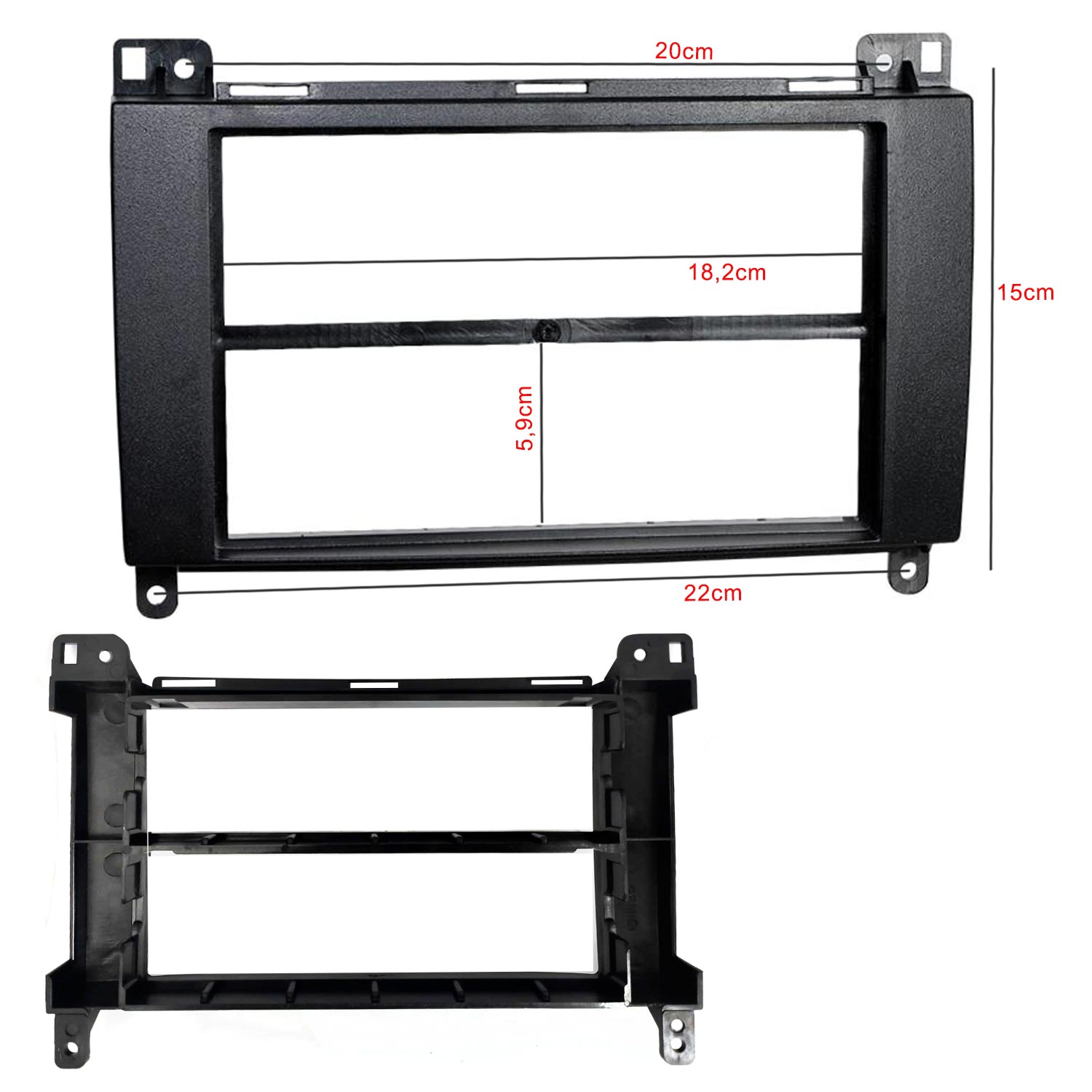
Oto teyp çerçeve mercedes vito sprinter volkswagen crafter x-20 Fiyat ve Modelleri | Teknoloji'nin Bayisi | Bayiden.com.tr
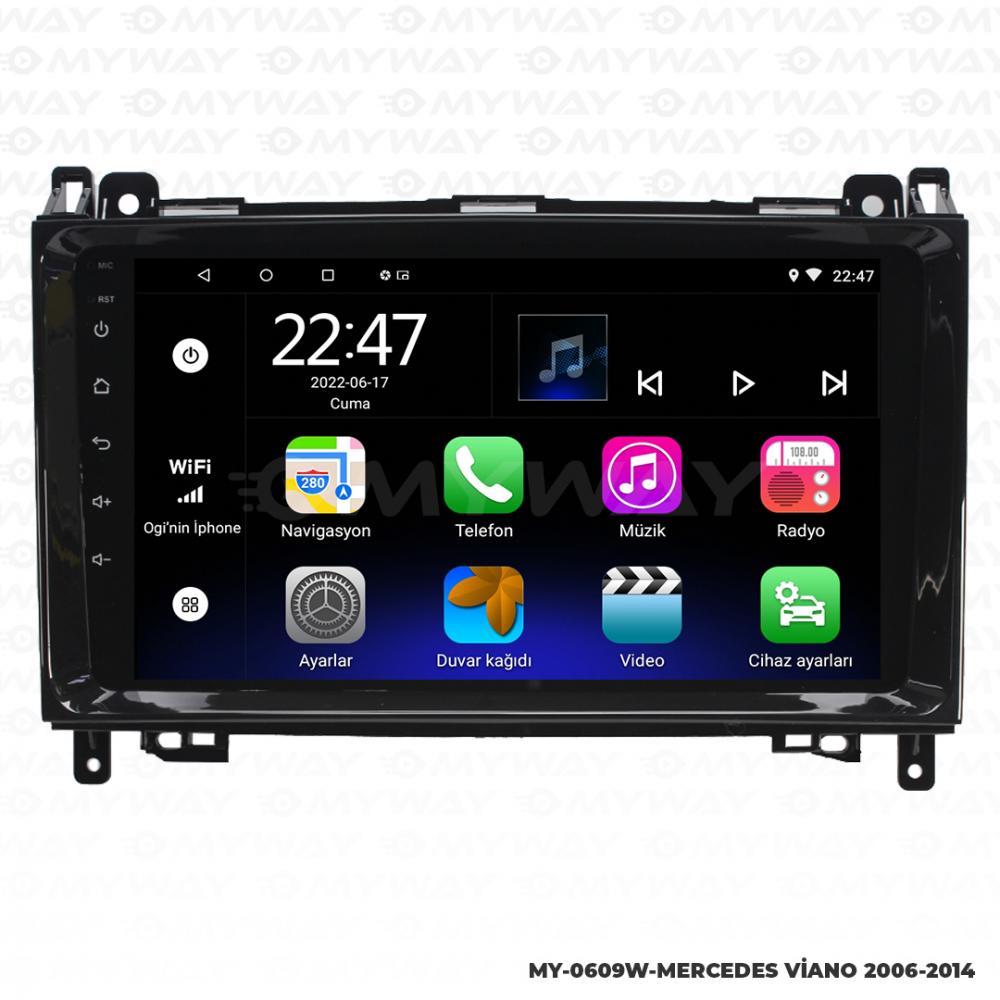
MERCEDES VİTO ANDROİD 12 KABLOSUZ CARPLAY NAVİGASYON MULTİMEDYA EKRAN TEYP - MYWAY MY-0609W - 4,567.80 TL + KDV

For Mercedes Benz W447 Vito 3 Android Head Unit 2014 - 2020 Double Din 10.1" Car Multimedia Player Smart Wifi Navigation GPS - AliExpress
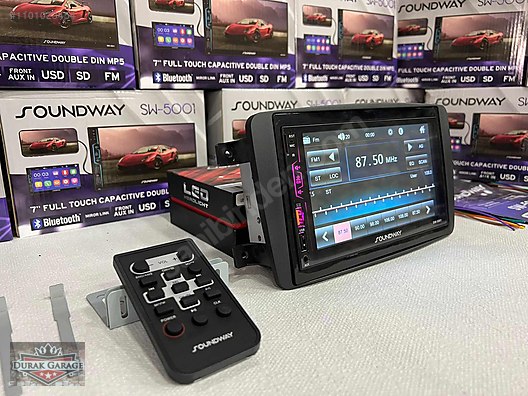
Car Multimedia Player / MERCEDES VİTO DOUBLE TEYP SOUNDWAY DURAK GARAGE ANKARA at sahibinden.com - 1101023454
Navix MT-N816 Android 10.0 Mercedes Yeni Vito Uyumlu CarPlay Multimedya Double Teyp | Android Oem Teypler | Navix
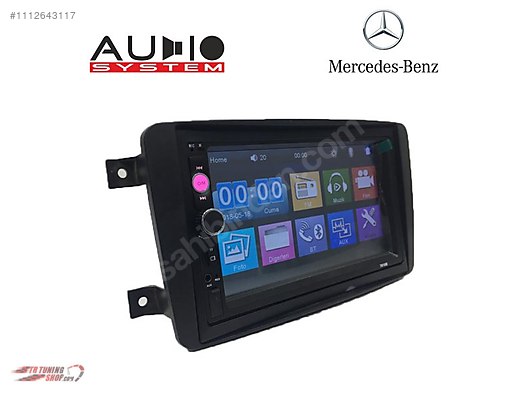
Car Multimedia Player / Mercedes Vito Viano C class Clk G class Araçlara Dabıl Teyp at sahibinden.com - 1112643117

Car Multimedia Player / Mercedes Vito Viano C class Clk G class Araçlara Dabıl Teyp at sahibinden.com - 1112643117
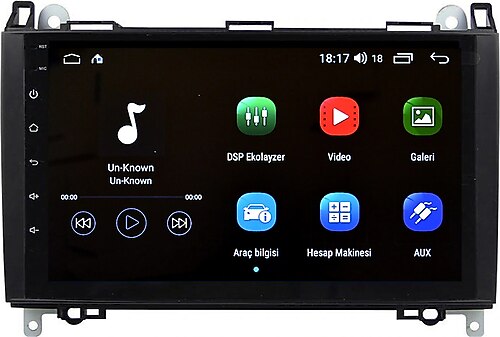
MERCEDES VİTO ANDROİD 2GB RAM MULTİMEDYA NAVİGASYON OTO TEYP Fiyatları, Özellikleri ve Yorumları | En Ucuzu Akakçe

